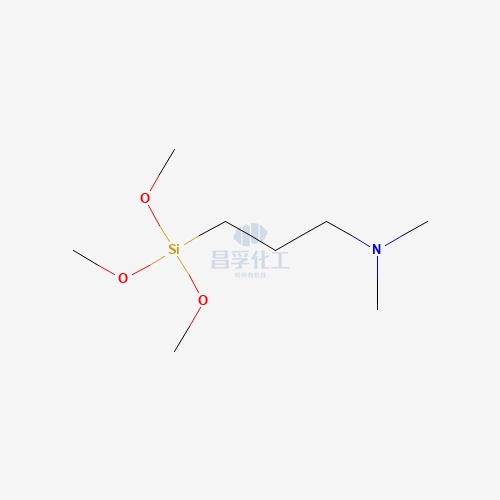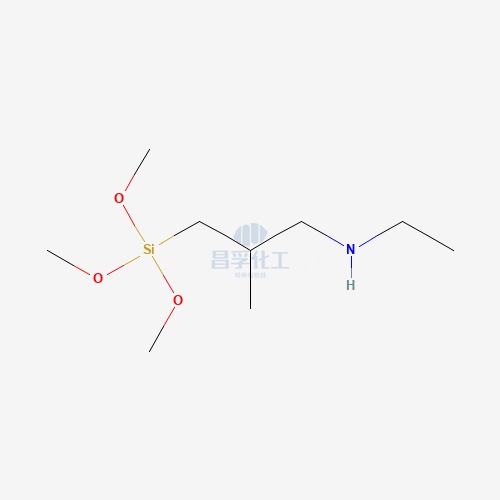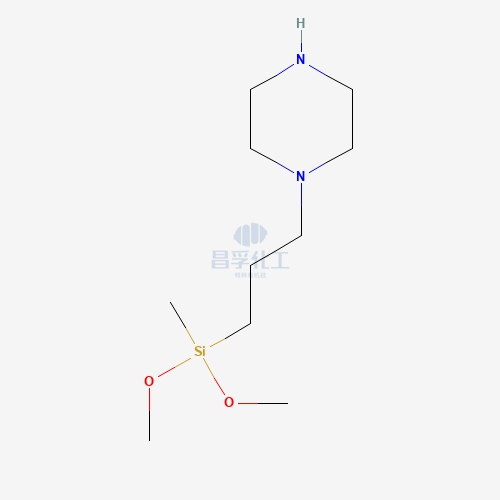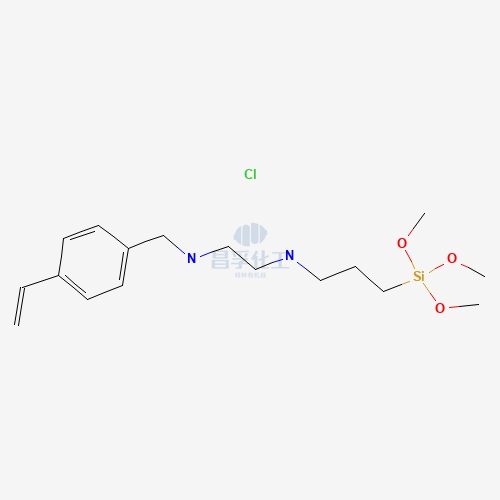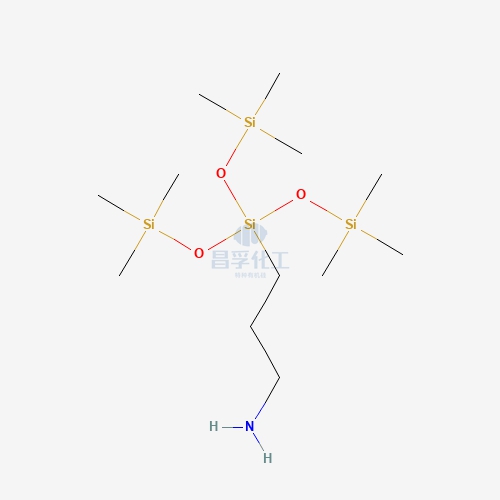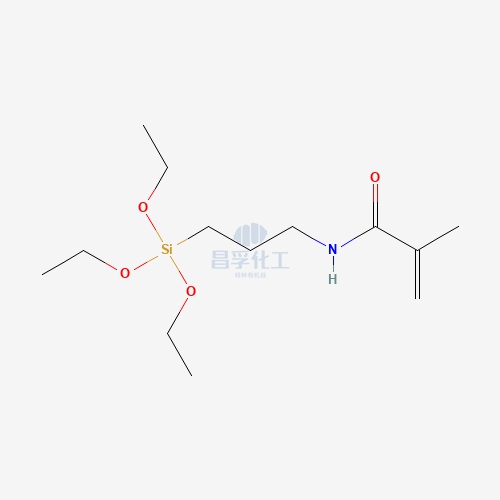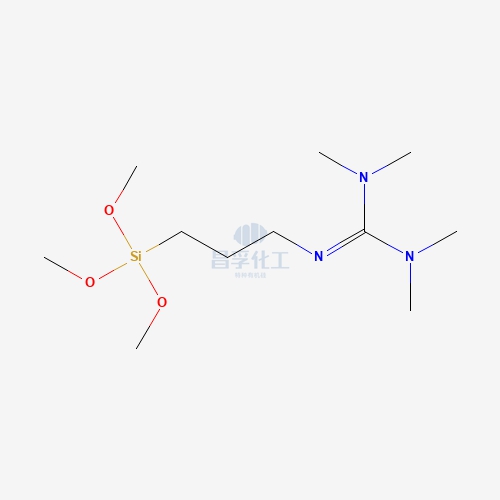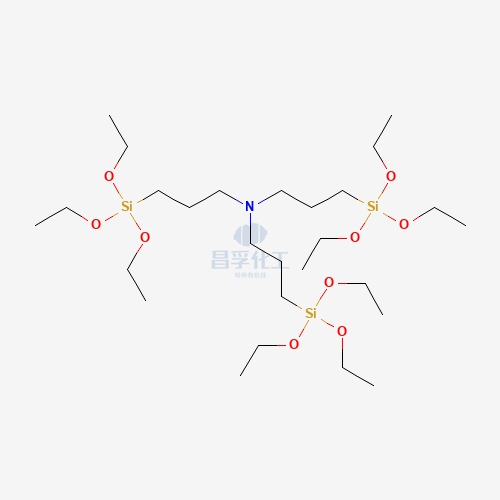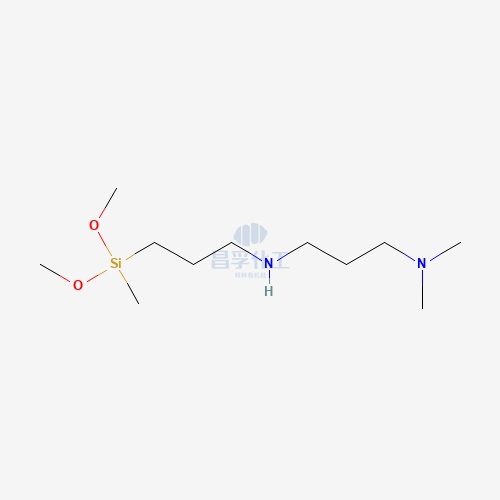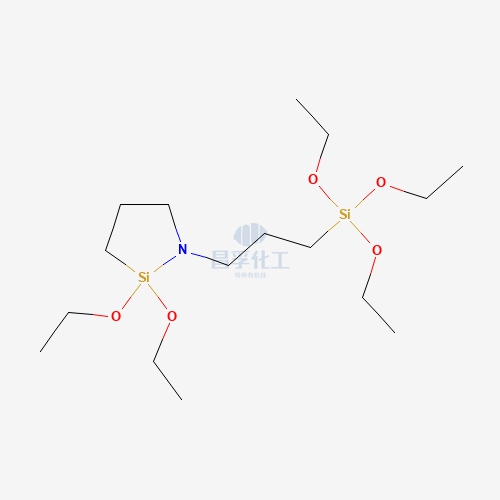
Contact Changfu Chemical Now!
+86 27 8439 6550 | +86 181 6277 0058
What is Silicone Waterproofing Agent? A Comprehensive Guide
Waterproofing is a critical aspect of protecting structures and materials from water damage. Whether it’s a home, commercial building, or industrial facility, water can cause significant deterioration over time. To combat this, a variety of materials and technologies have been developed, with silicone waterproofing agents standing out as one of the most effective and versatile solutions. In this comprehensive guide, we will delve into what silicone waterproofing agents are, their benefits, applications, and how functional silicones play a key role in their effectiveness.
Understanding Silicone Waterproofing Agents
A silicone waterproofing agent is a type of water-repellent treatment made from silicone compounds designed to prevent water from penetrating surfaces. These agents are primarily used in construction, automotive, textiles, and other industries where moisture protection is vital. Silicone waterproofing agents form a protective layer on the surface of materials, which repels water and prevents moisture-related damage.
What sets silicone waterproofing agents apart from traditional sealants or water repellents is their unique chemical structure. Silicone compounds are characterized by their siloxane bonds (Si-O), which make them highly resistant to water, UV rays, and extreme temperatures. This molecular structure allows silicone waterproofing agents to offer superior durability and long-lasting protection compared to other materials.
The Science Behind Silicone Waterproofing Agents
Silicone waterproofing agents function based on their hydrophobic nature. The key to their water-repelling properties lies in the low surface energy of silicone molecules, which makes it difficult for water molecules to adhere to the treated surface. When applied, silicone agents bond with the surface and form a thin, invisible layer that repels water, preventing it from seeping into porous materials like wood, concrete, and fabric.
This hydrophobic effect is not only effective against rainwater but also helps prevent the absorption of oils, stains, and other liquids. This makes silicone waterproofing agents highly versatile, offering protection across various surfaces and environments.
The Role of Functional Silicones in Waterproofing
Functional silicones are a subset of silicone compounds that are engineered to provide specific properties or functions. In the case of silicone waterproofing agents, functional silicones are the key components responsible for the water-repellent qualities. These functional silicones can be tailored to enhance performance characteristics, such as:
- Durability: Functional silicones provide long-lasting protection by creating a robust bond with surfaces, ensuring that the waterproofing effect remains effective for extended periods, even under harsh environmental conditions.
- UV Resistance: Functional silicones are often formulated with enhanced UV stability, which helps prevent degradation from exposure to sunlight. This is especially important for outdoor applications where surfaces are constantly exposed to the sun.
- Temperature Stability: Silicone waterproofing agents with functional silicones can withstand a wide range of temperatures, making them ideal for use in both hot and cold climates.
- Breathability: Some functional silicones are designed to allow the material to "breathe," which means they can prevent water from entering while still allowing moisture vapor to escape. This is particularly useful in preventing the buildup of mold and mildew in buildings and textiles.
Benefits of Silicone Waterproofing Agents
Silicone waterproofing agents offer numerous advantages that make them the go-to solution for many industries. Some of the key benefits include:
1. Long-Lasting Protection
Silicone waterproofing agents are known for their durability. Once applied, they form a protective layer that resists wear and tear over time, even in harsh weather conditions. Unlike other waterproofing agents, silicone agents do not degrade quickly, making them an excellent long-term investment for moisture protection.
2. Versatility
Silicone waterproofing agents are highly versatile and can be used on a wide variety of surfaces, including concrete, brick, wood, metal, and textiles. This makes them ideal for a range of applications, from sealing roofs and walls to treating outdoor gear like tents and jackets.
3. Non-Toxic and Environmentally Friendly
Many silicone waterproofing agents are formulated to be non-toxic and environmentally friendly. Unlike traditional chemical-based sealants, which can release harmful fumes and pollutants, silicone agents are often safer for both users and the environment. Additionally, they are typically free from solvents and other harmful chemicals, making them a greener choice for waterproofing.
4. Enhanced Performance in Extreme Conditions
Silicone waterproofing agents are designed to perform well in extreme conditions. They are resistant to both high and low temperatures, making them suitable for a variety of climates. Whether it's scorching heat or freezing cold, silicone waterproofing agents maintain their effectiveness and continue to protect surfaces from water damage.
5. Improved Aesthetic Appeal
Because silicone waterproofing agents create an invisible layer of protection, they do not alter the appearance of the surface. This is particularly important in applications where aesthetics are important, such as on decorative concrete, masonry, or fabrics.
Applications of Silicone Waterproofing Agents
The versatility of silicone waterproofing agents allows them to be used in a wide range of applications across various industries. Some of the most common uses include:
1. Construction
In the construction industry, silicone waterproofing agents are commonly used to treat exterior surfaces like concrete, brick, and masonry. These materials are often porous and susceptible to water penetration, which can lead to structural damage and mold growth. Silicone agents provide a protective barrier that prevents moisture from entering while allowing the materials to breathe.
Additionally, silicone waterproofing agents are used to seal roofs, foundations, and walls, providing long-term protection against leaks and water damage.
2. Automotive
Silicone waterproofing agents are also used in the automotive industry to protect parts of vehicles from water exposure. They are often applied to rubber seals, gaskets, and other parts to prevent water from infiltrating the interior of the vehicle, especially during heavy rain or through car washes. Silicone-based treatments also help preserve the integrity of seals and gaskets, ensuring they remain effective over time.
3. Textiles and Fabrics
Silicone waterproofing agents are widely used in the textile industry to treat outdoor gear, such as tents, jackets, and footwear. These materials are exposed to rain and moisture, which can degrade their performance over time. Silicone agents provide an invisible layer of protection that repels water and prevents stains without affecting the fabric’s breathability or flexibility.
4. Industrial and Marine
Silicone waterproofing agents are frequently used in industrial and marine applications to protect equipment and machinery from the damaging effects of water. In marine environments, silicone agents are applied to boats, ships, and other watercraft to prevent corrosion and water damage. Similarly, industrial equipment exposed to harsh weather conditions can benefit from silicone treatments that enhance longevity and performance.
5. Home Maintenance
For homeowners, silicone waterproofing agents offer an easy solution for protecting their property from water damage. From sealing cracks in driveways and patios to waterproofing exterior walls and foundations, silicone agents can help prevent costly repairs by stopping water infiltration before it causes serious damage.
How to Apply Silicone Waterproofing Agents
Applying silicone waterproofing agents is a relatively straightforward process, but it is important to follow the manufacturer’s instructions for optimal results. Below are the general steps for applying silicone waterproofing agents:
Surface Preparation: Ensure the surface to be treated is clean, dry, and free of any dirt, debris, or oils. This can be achieved by washing the surface with soap and water or using a specialized cleaner.
Application: Apply the silicone waterproofing agent evenly to the surface using a brush, roller, or spray bottle, depending on the product. Be sure to cover the entire area, paying special attention to seams, joints, and other vulnerable spots.
Curing Time: Allow the silicone agent to cure for the recommended time, usually 24-48 hours, depending on the product and environmental conditions.
Inspection: After the curing period, inspect the treated surface to ensure complete coverage and proper adhesion. If necessary, apply a second coat for enhanced protection.
Conclusion
Silicone waterproofing agents are an essential tool for protecting surfaces from water damage. Their superior performance, long-lasting protection, and versatility make them a preferred choice in many industries, from construction to automotive to textiles. With the addition of functional silicones, these agents can be tailored to provide enhanced durability, UV resistance, and temperature stability, ensuring reliable performance even in extreme conditions.
Whether you're looking to protect your home, vehicle, or outdoor gear, silicone waterproofing agents offer an effective, environmentally friendly solution to keep water at bay. By understanding the science behind these agents and their various applications, you can make informed decisions on how best to incorporate them into your waterproofing strategy.
Read More: A Complete Guide to Silicone Release Coating
Popular Silicon Compounds
Popular Silicon Compounds
Related News & Blog
Related News & Blog
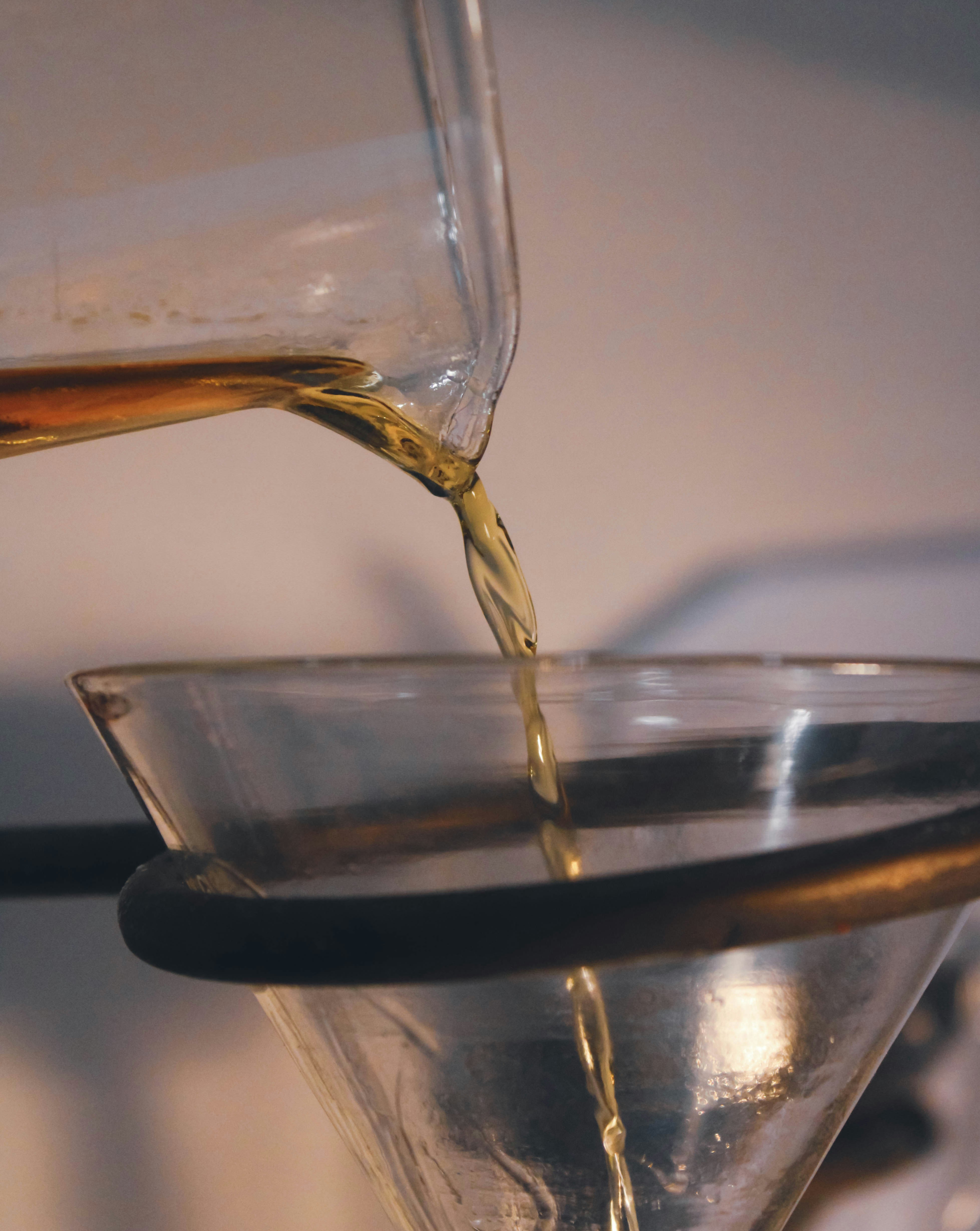

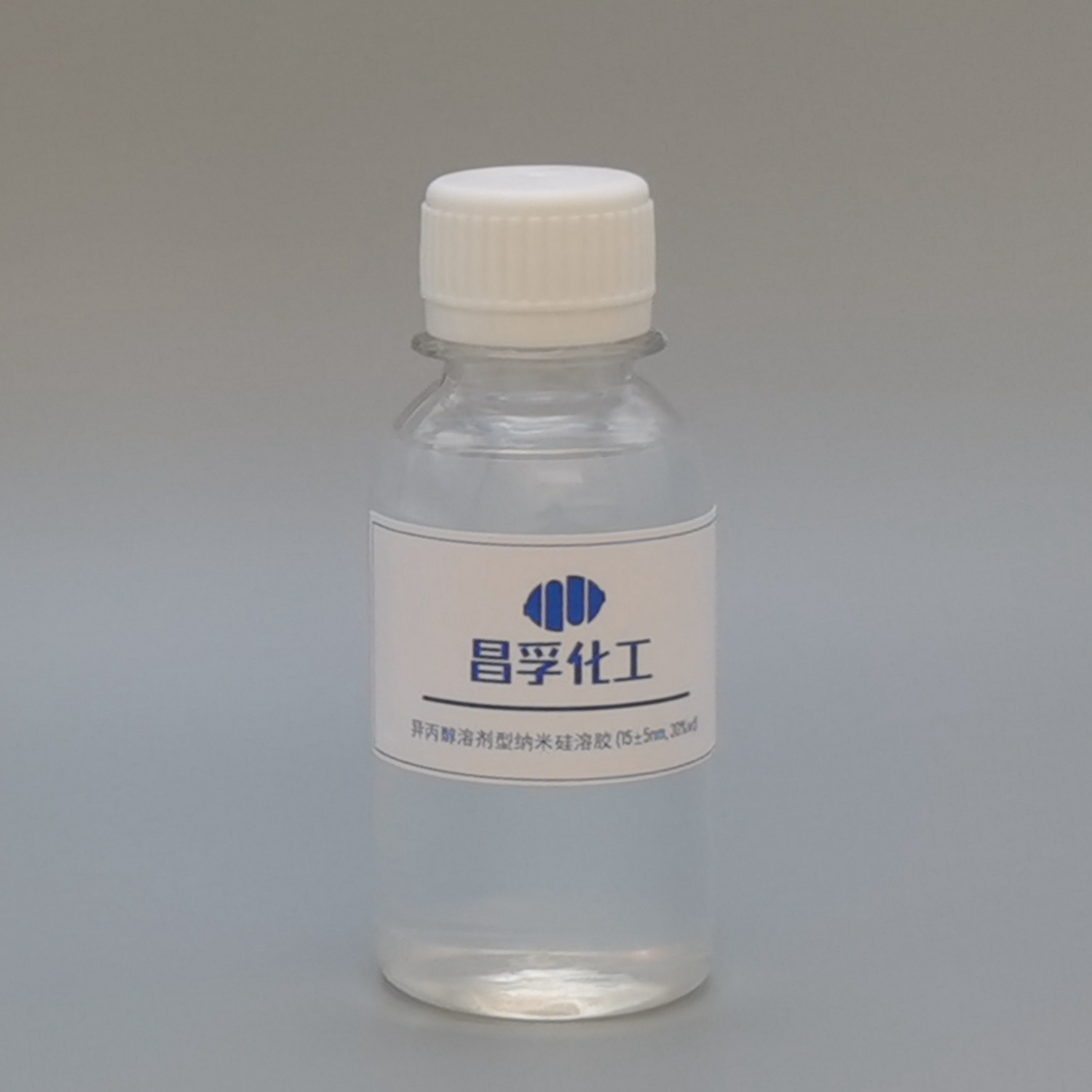
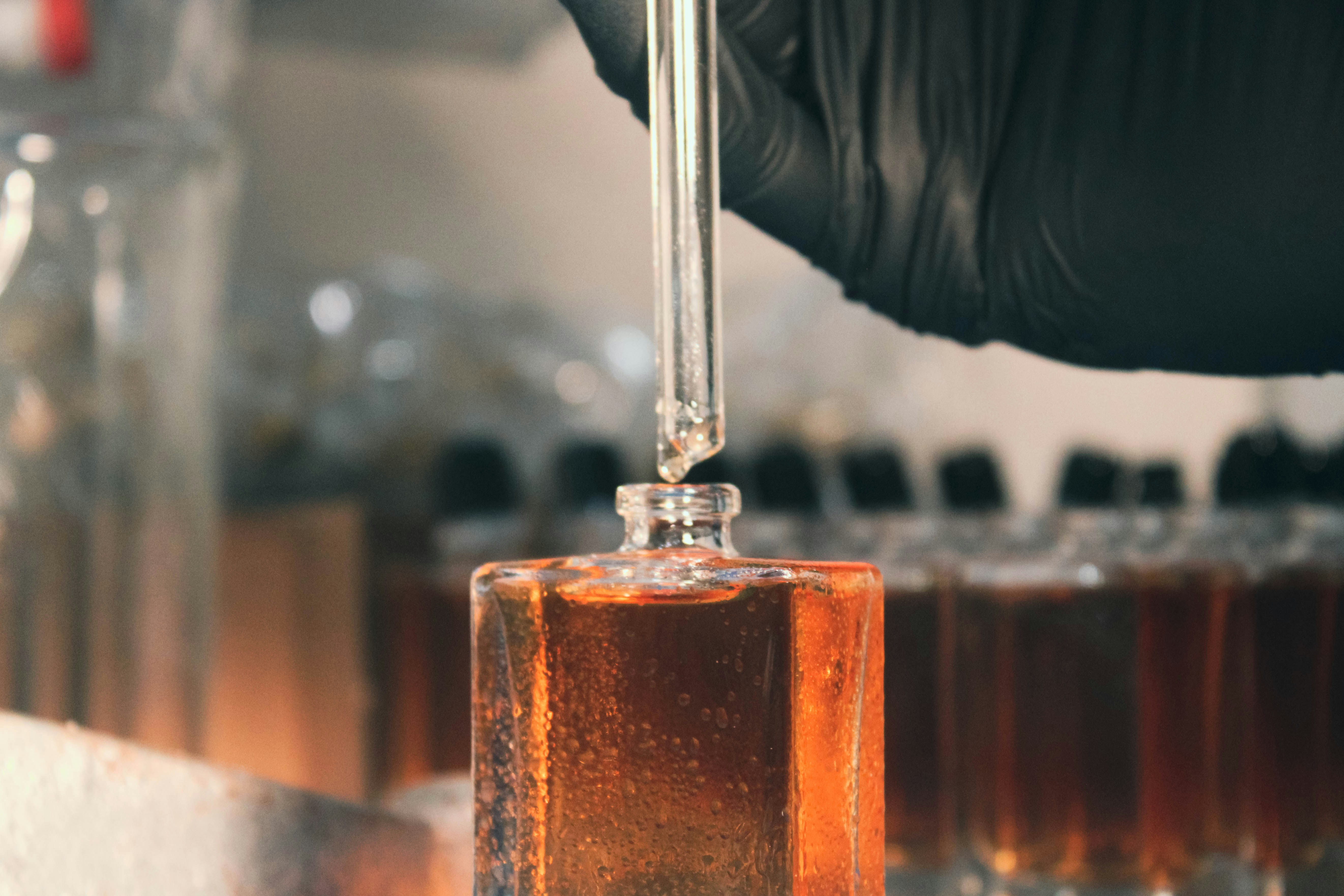

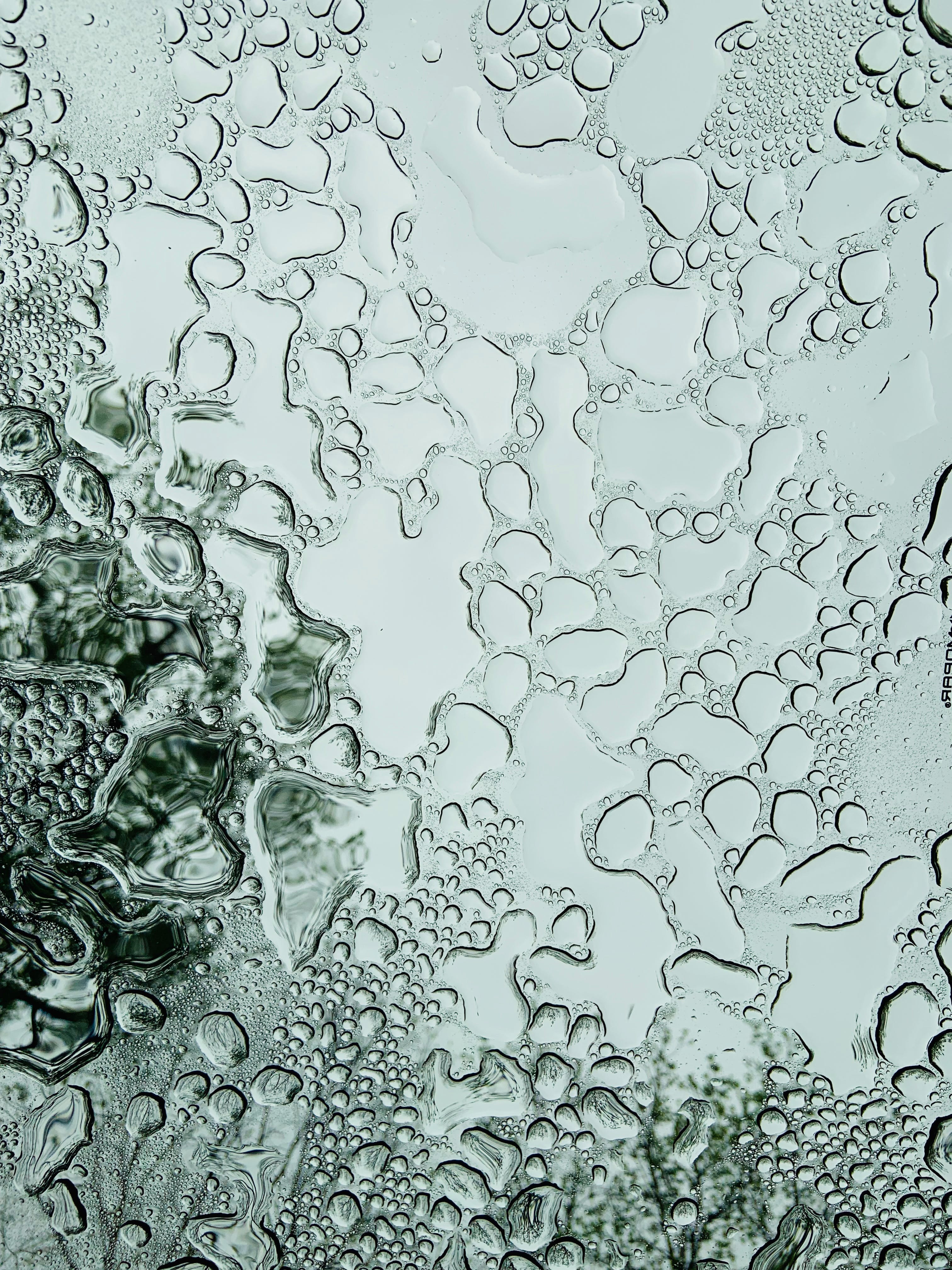

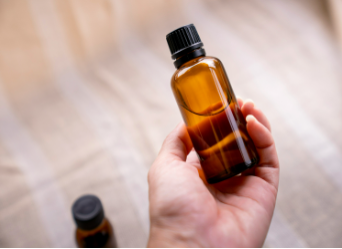
















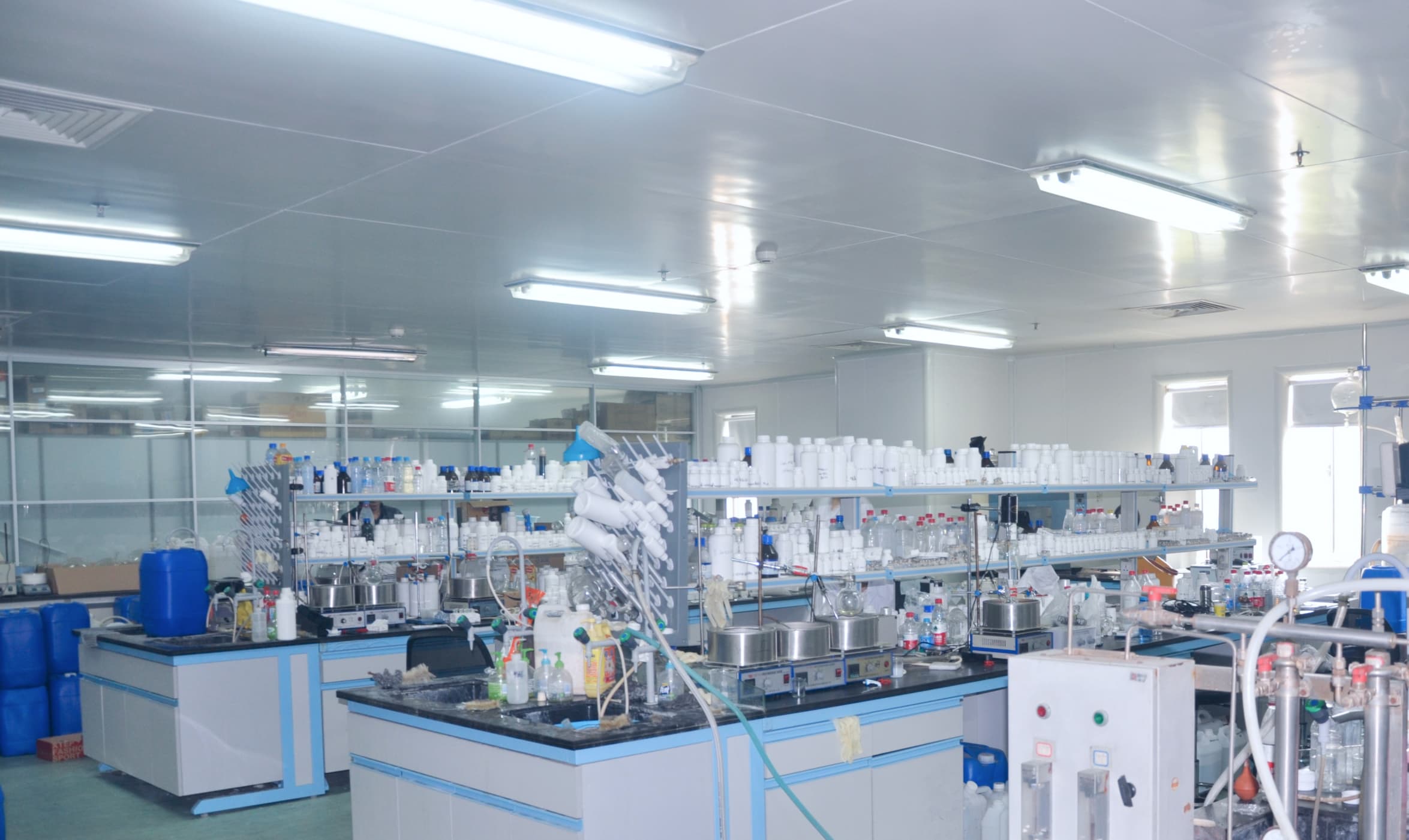



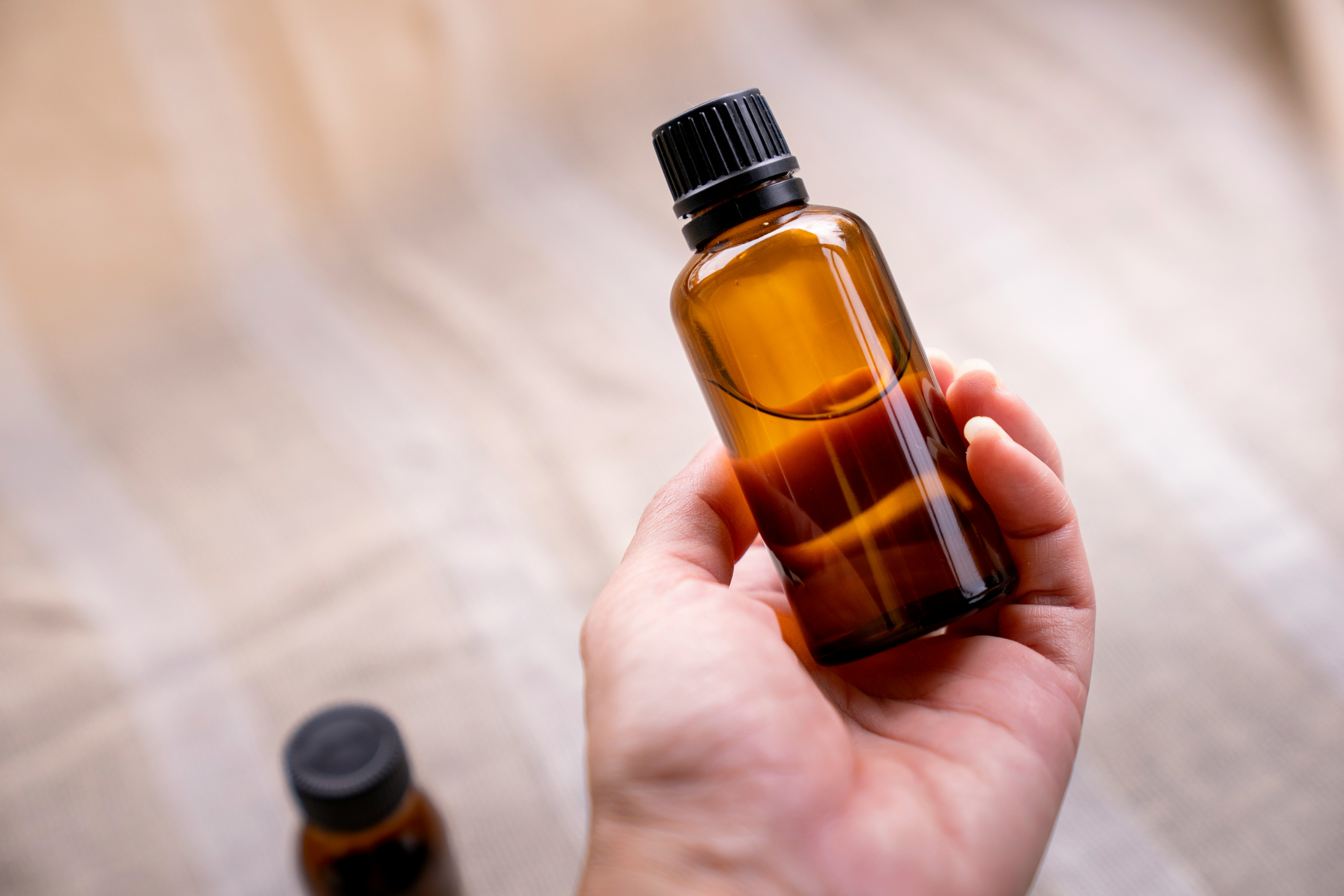


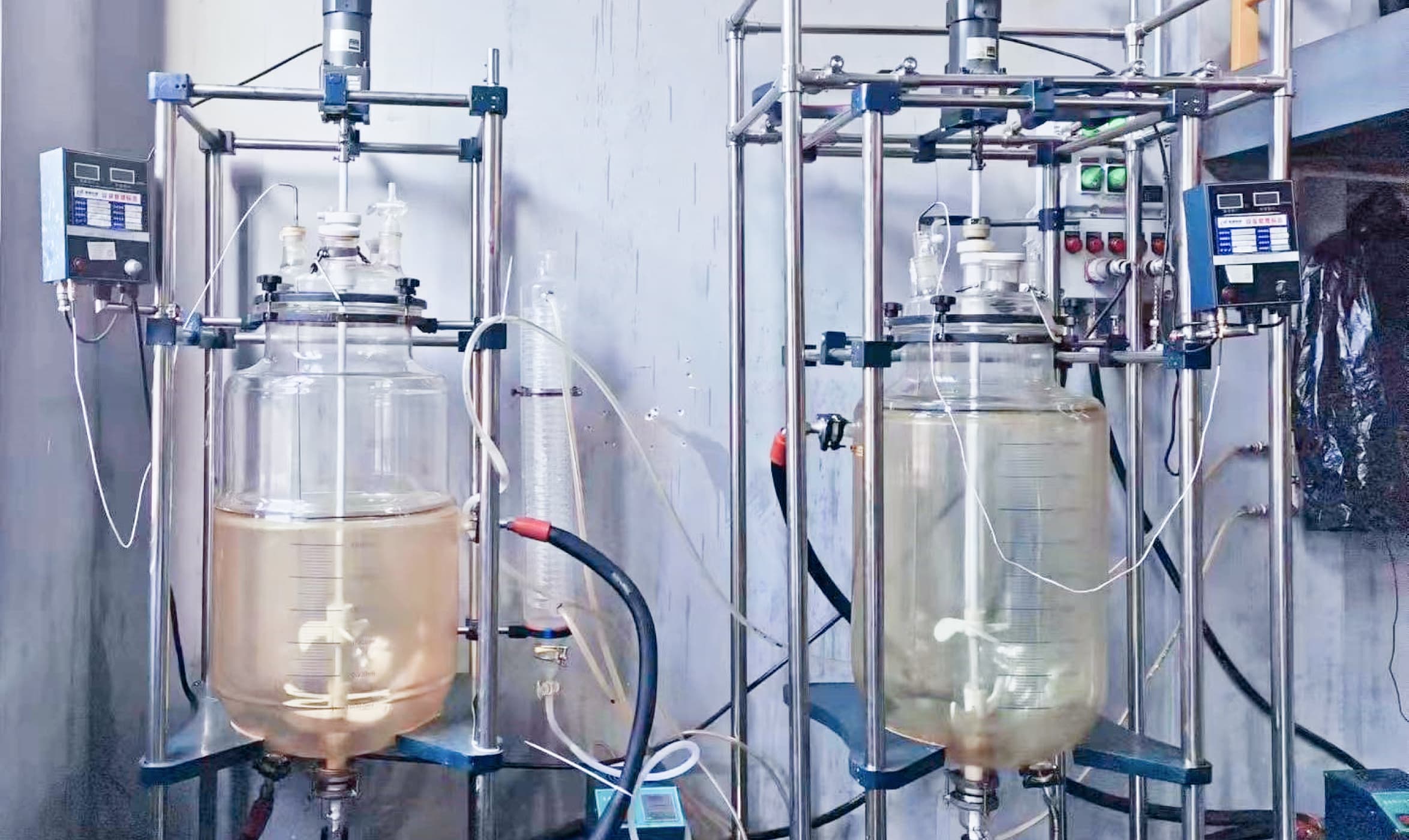
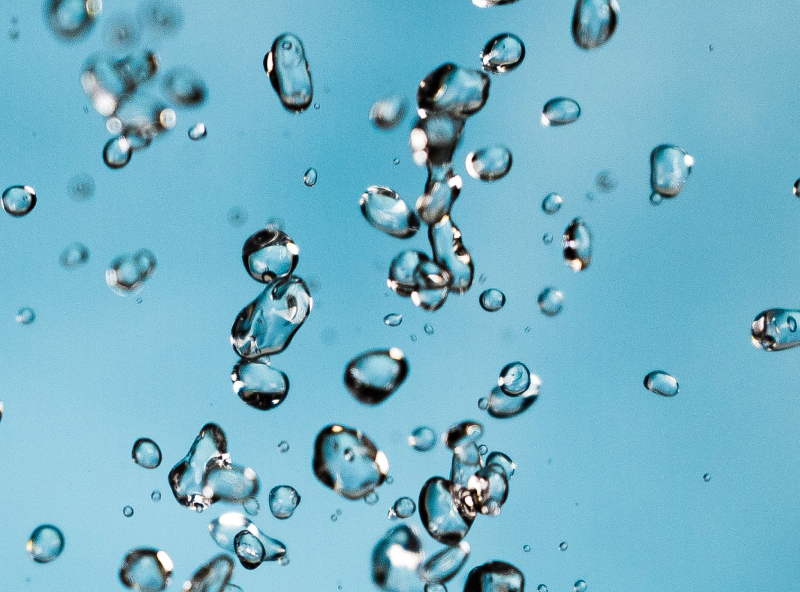


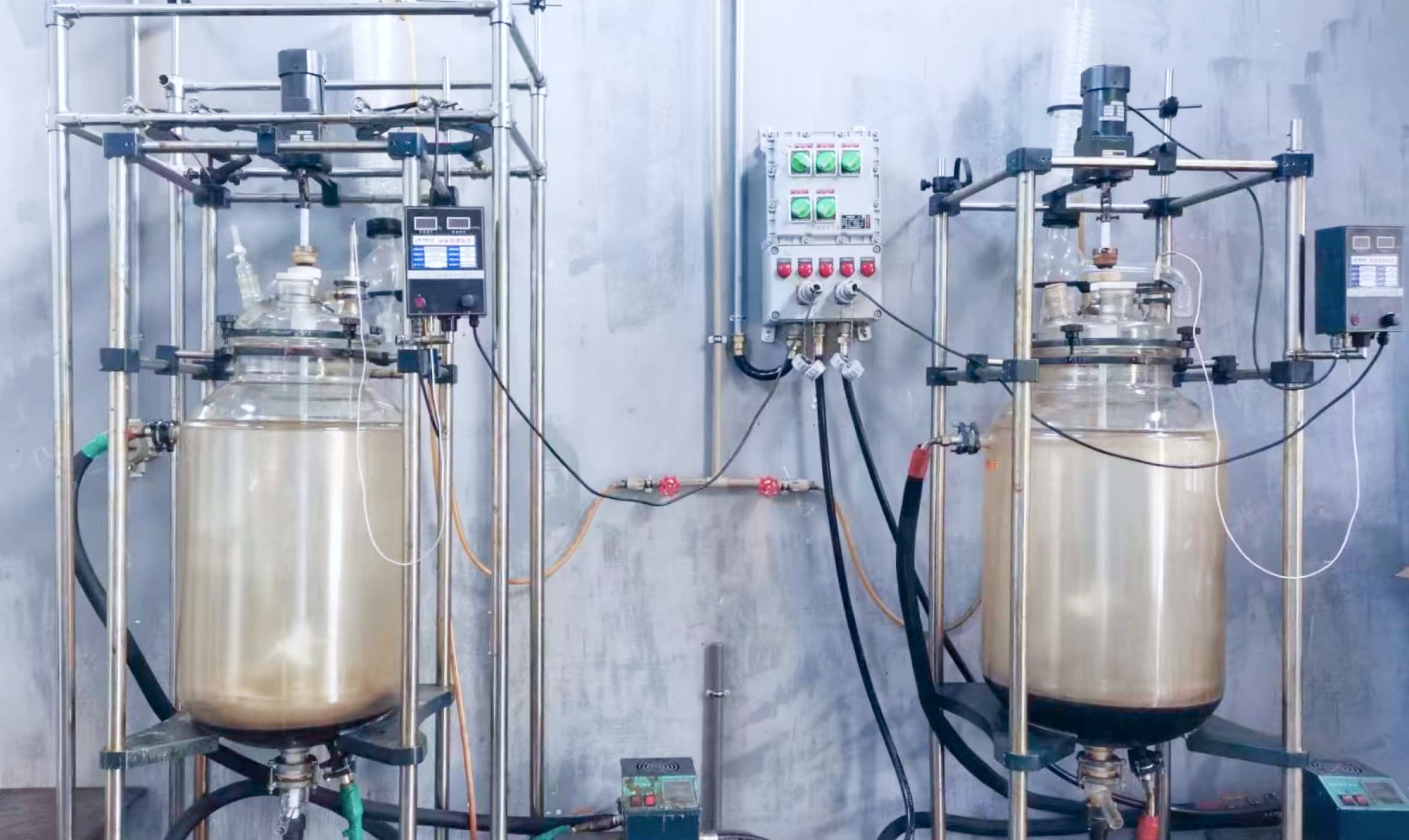
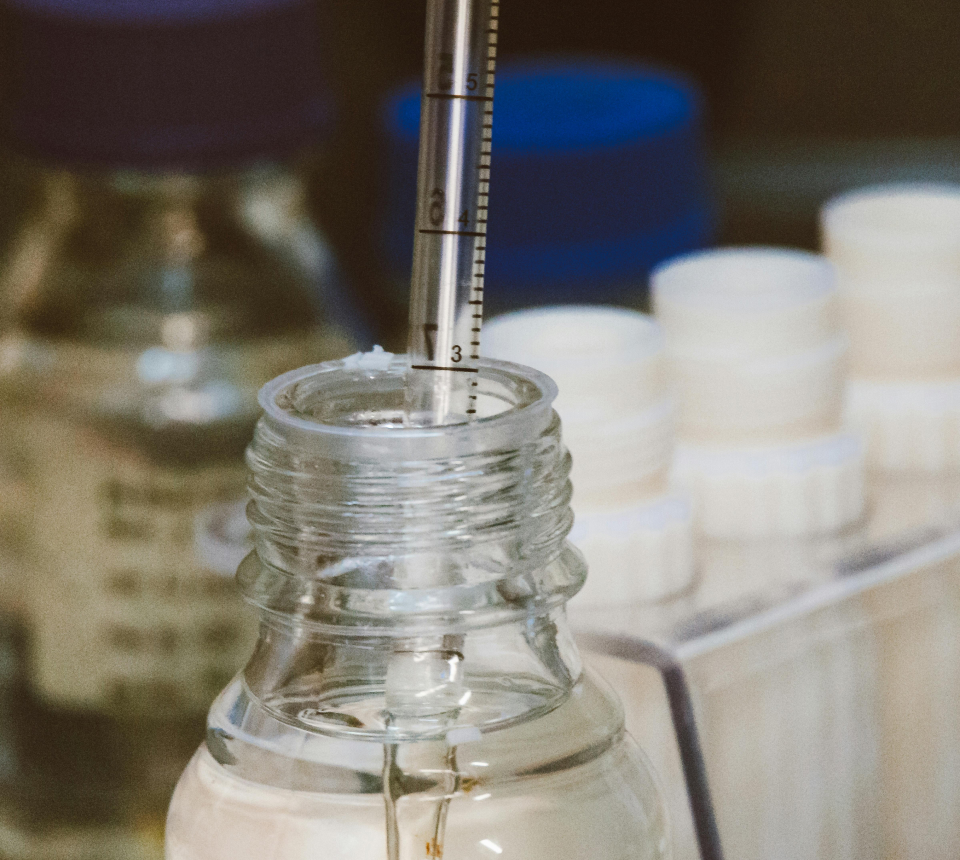





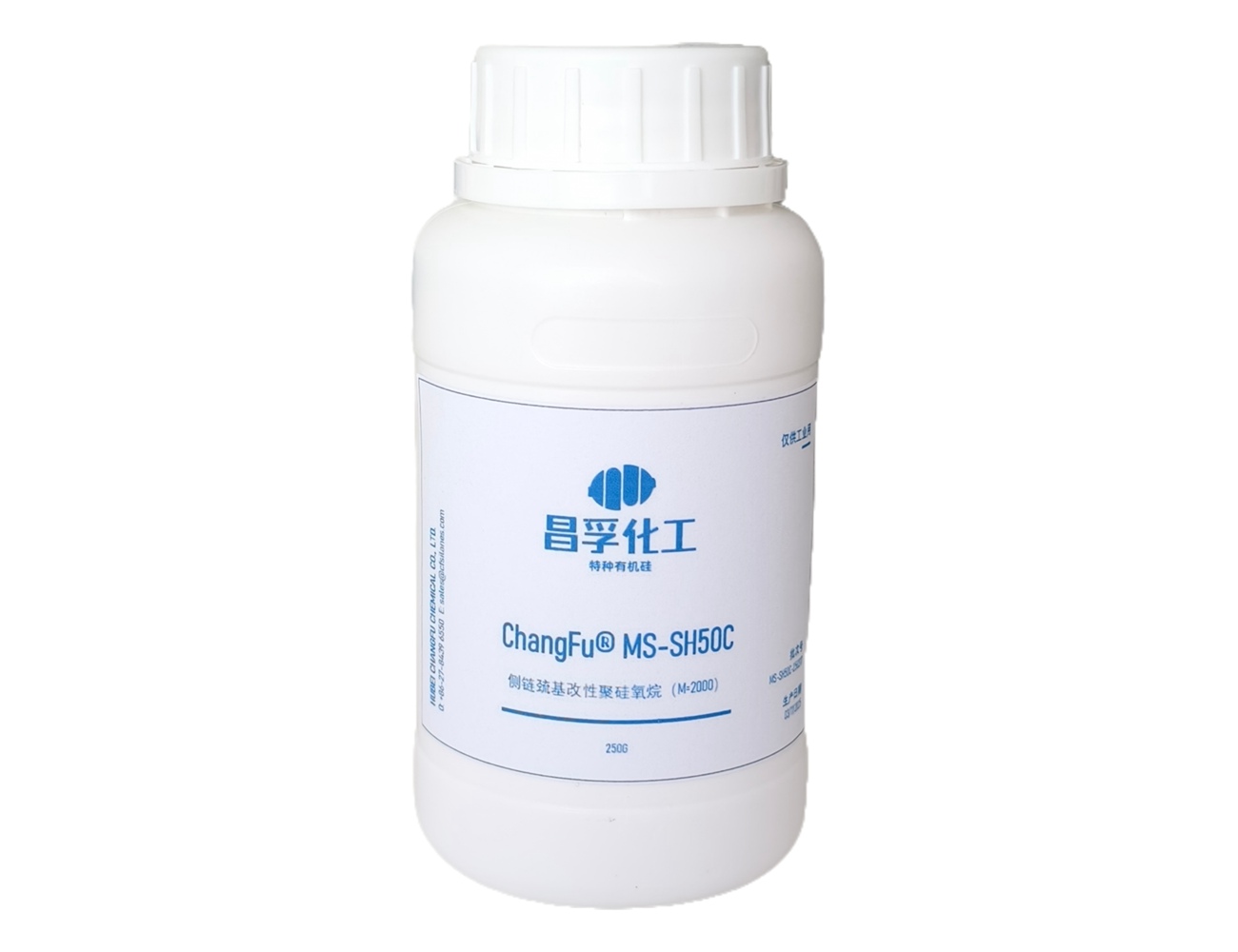



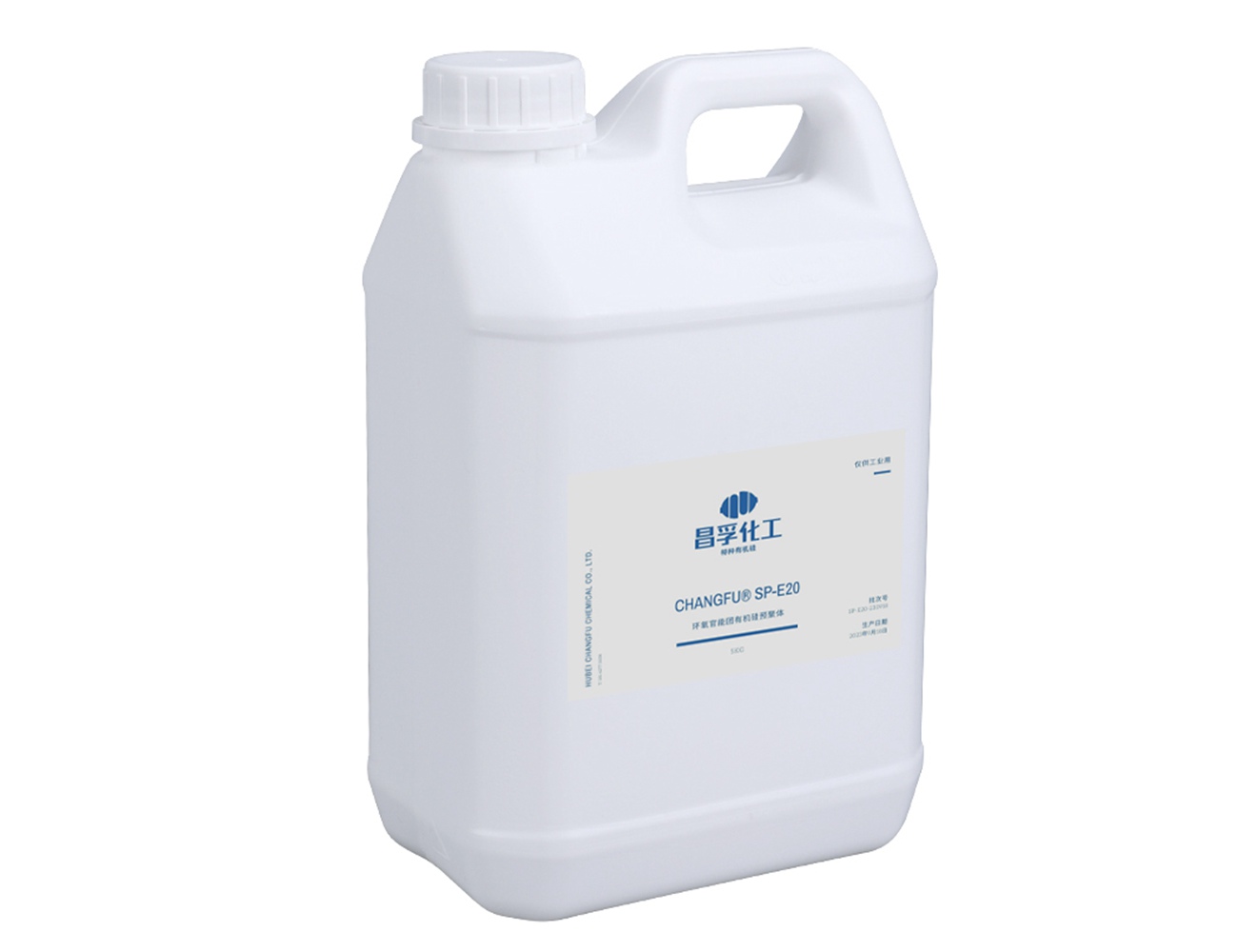
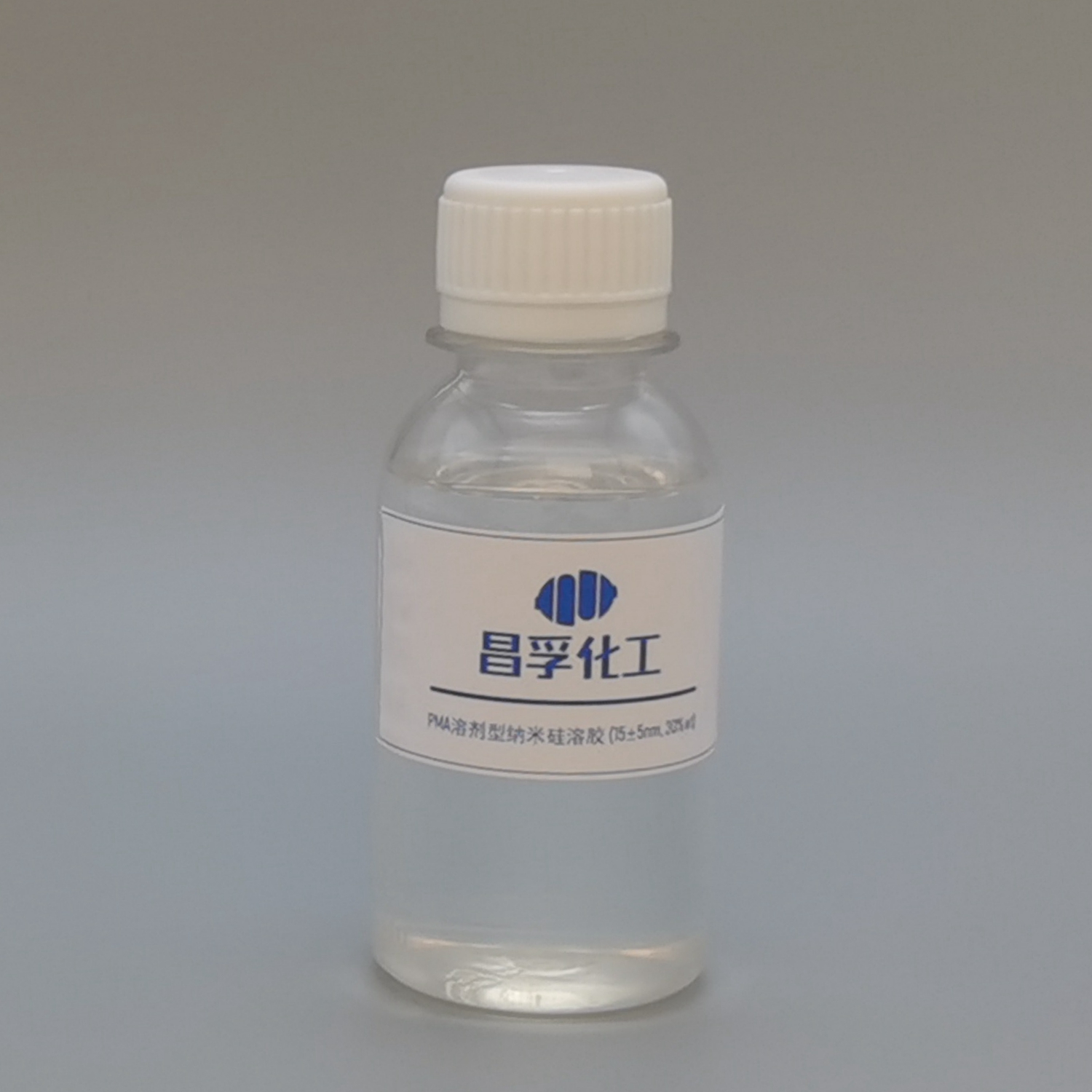
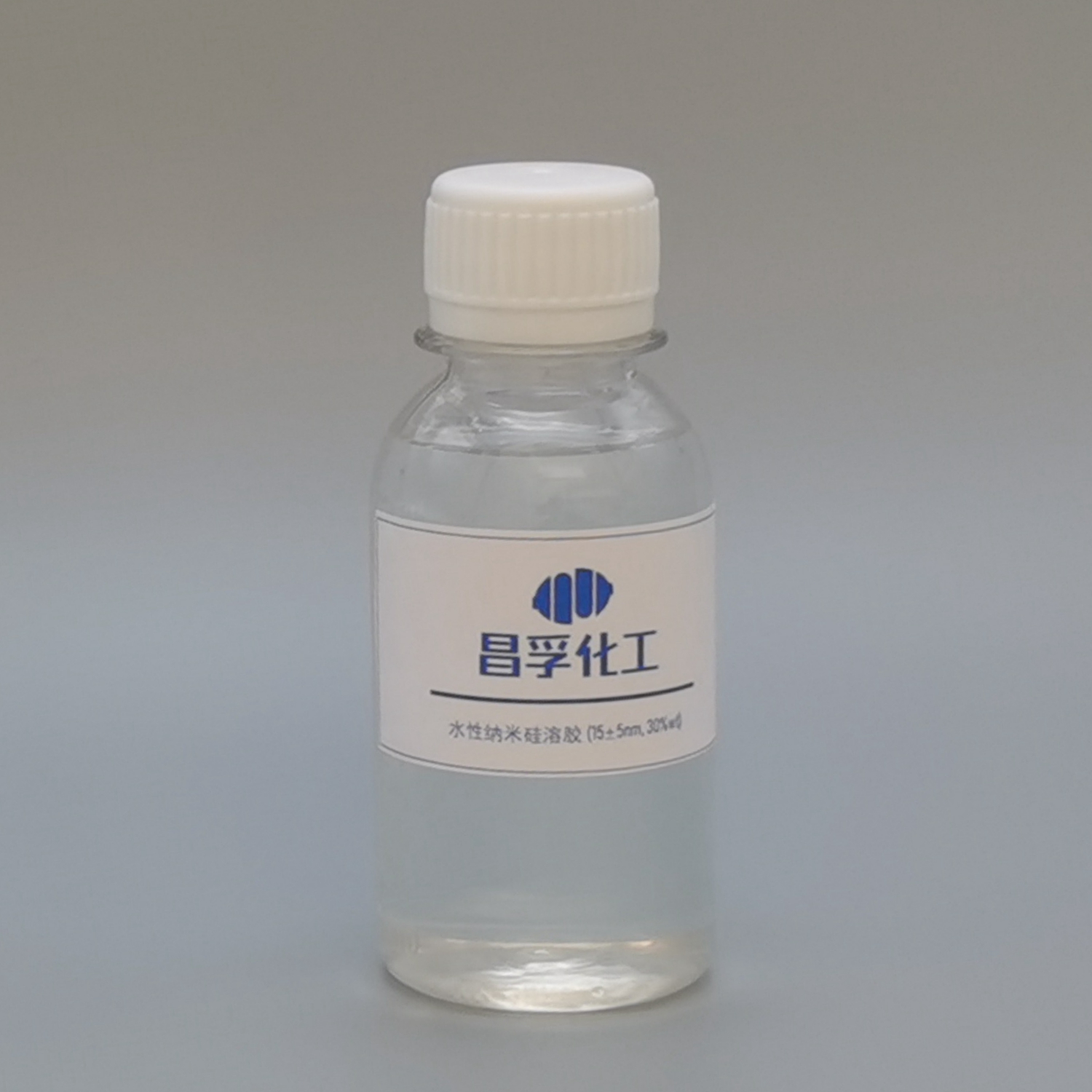

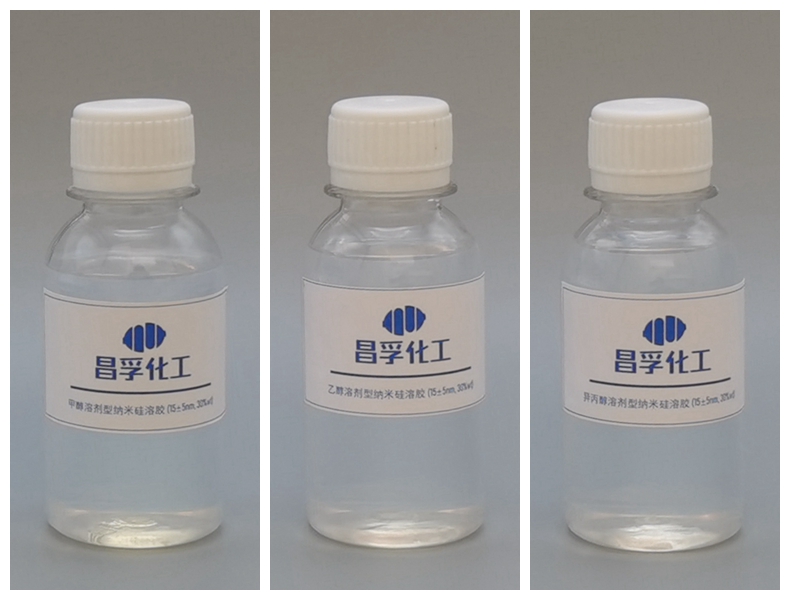
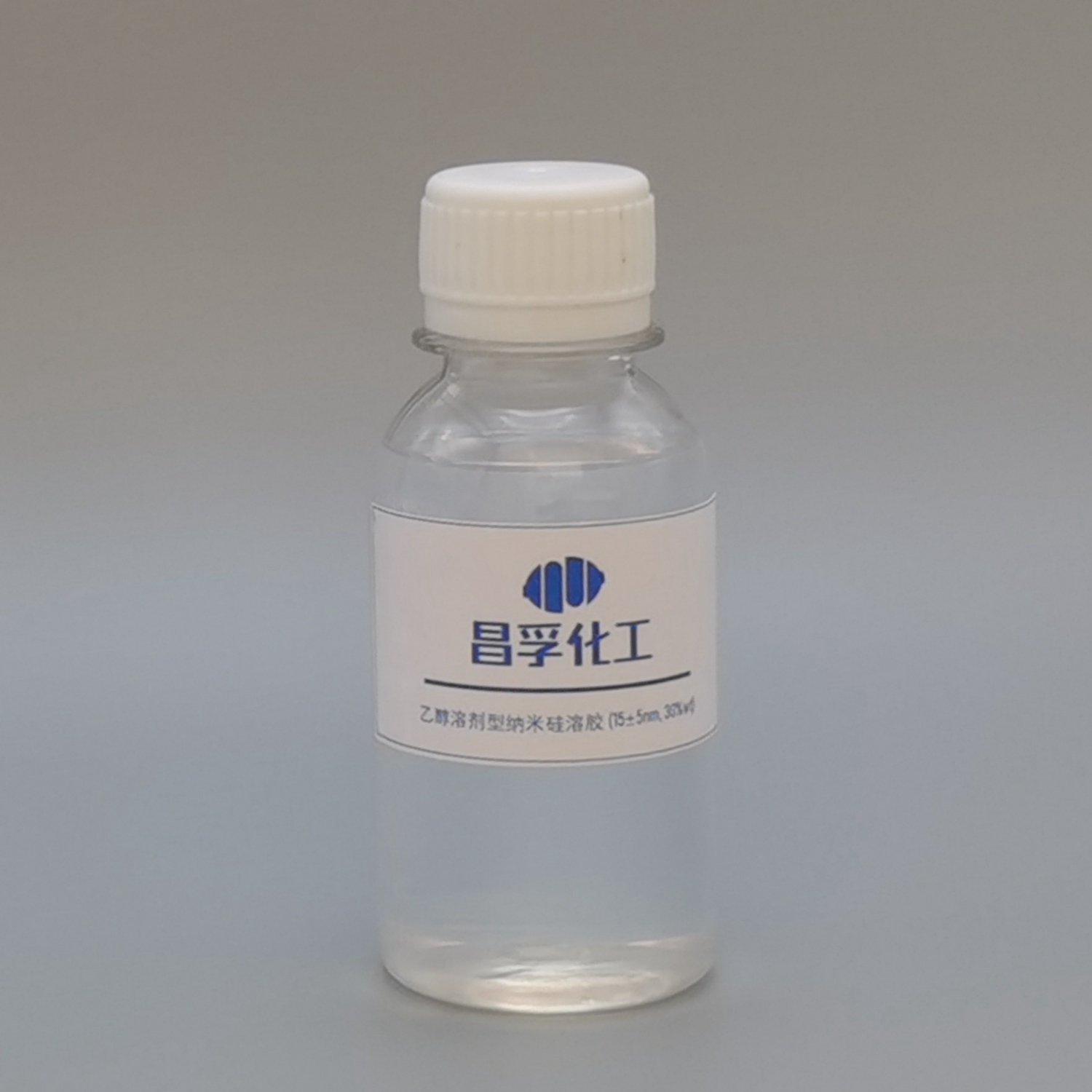
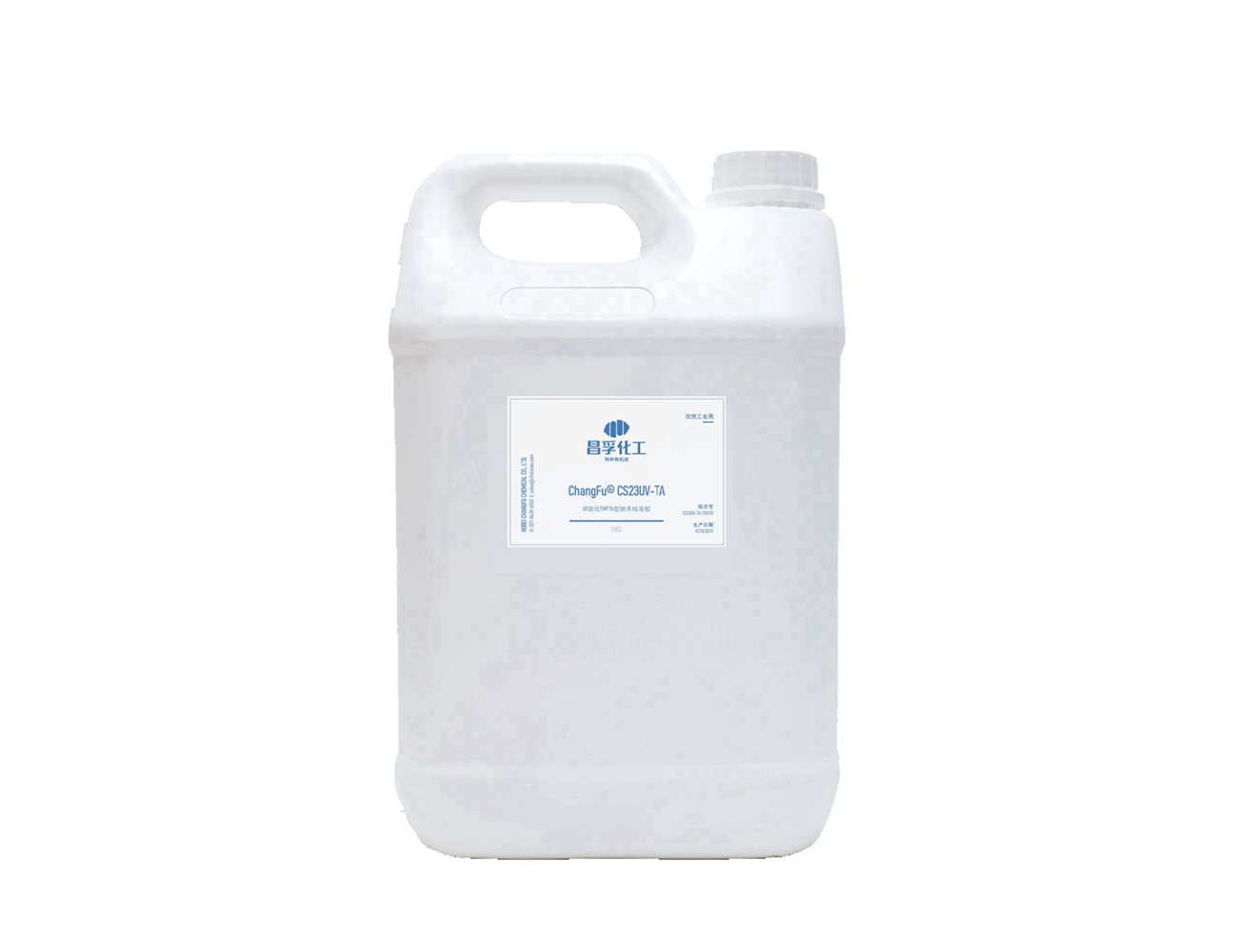
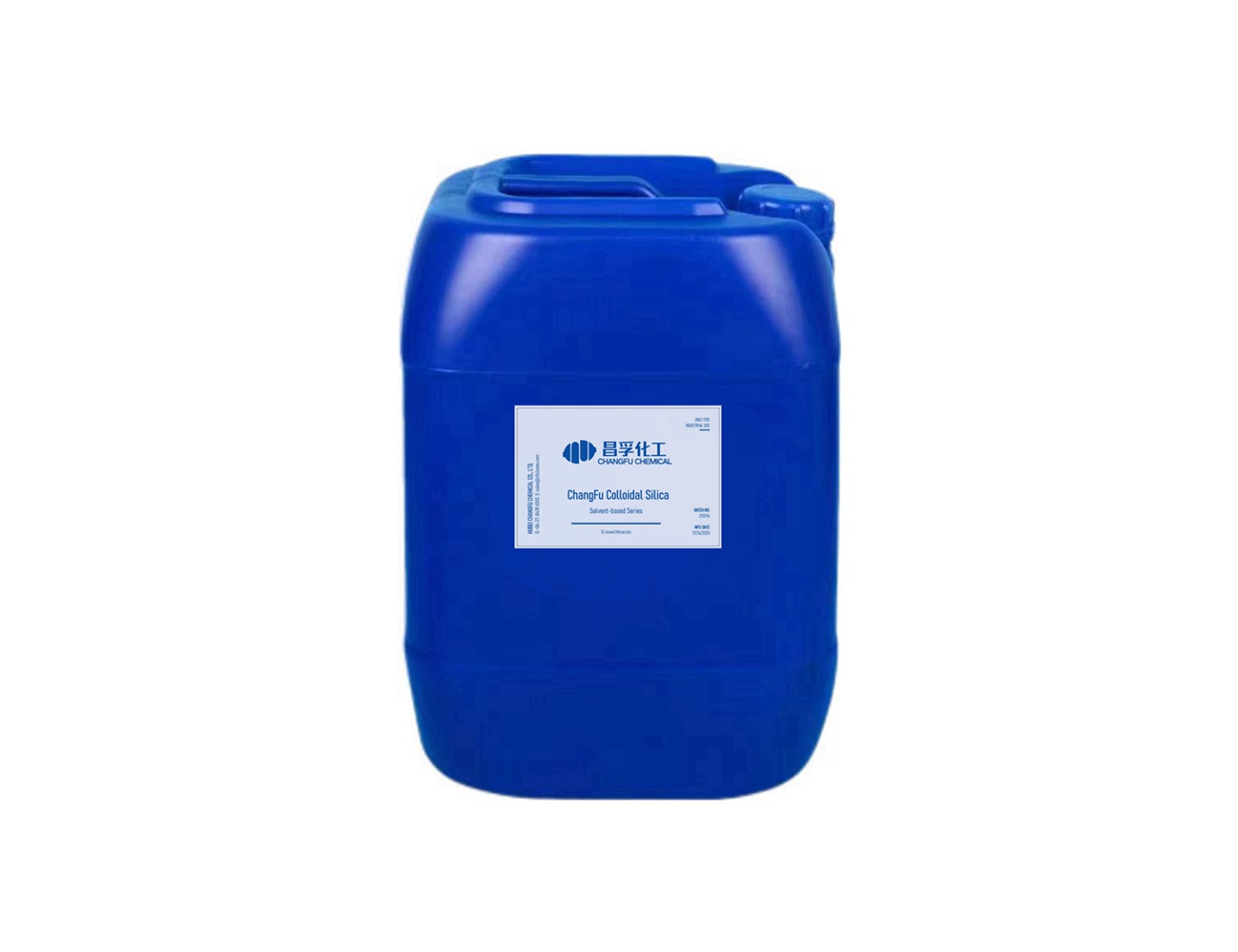


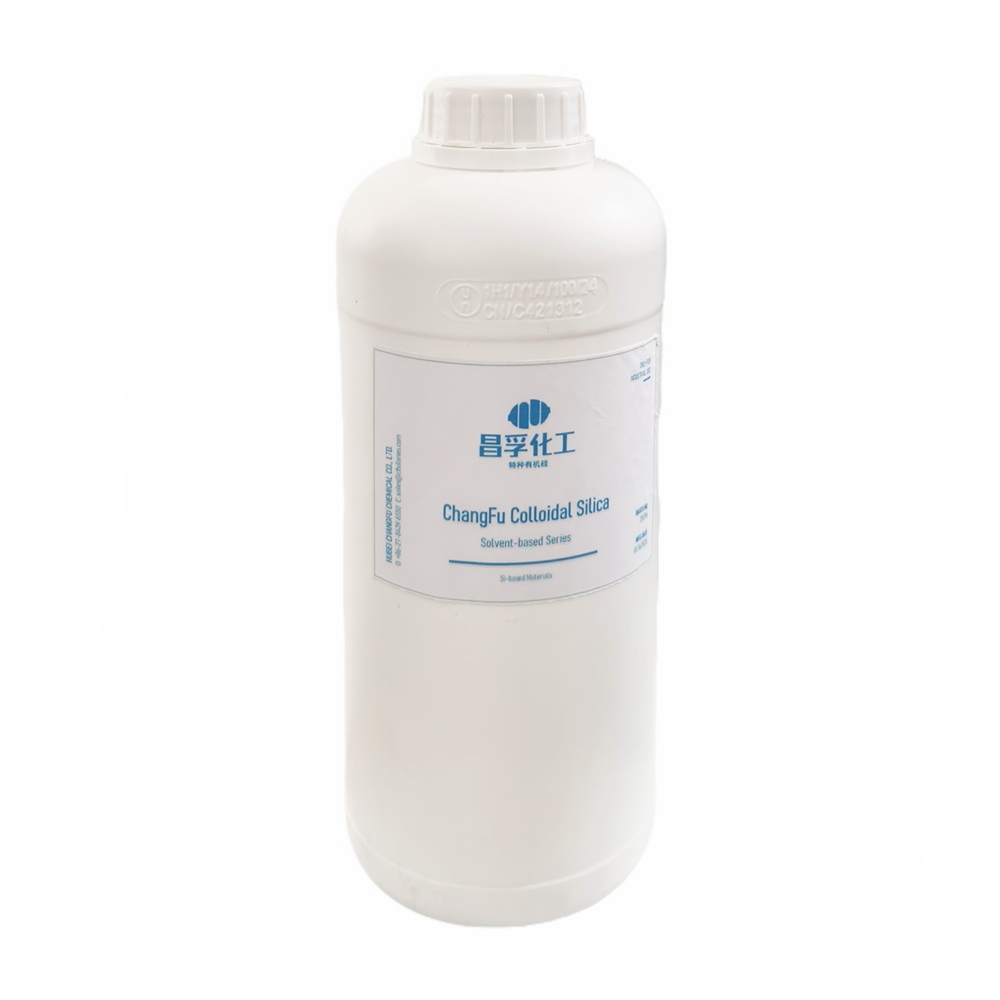


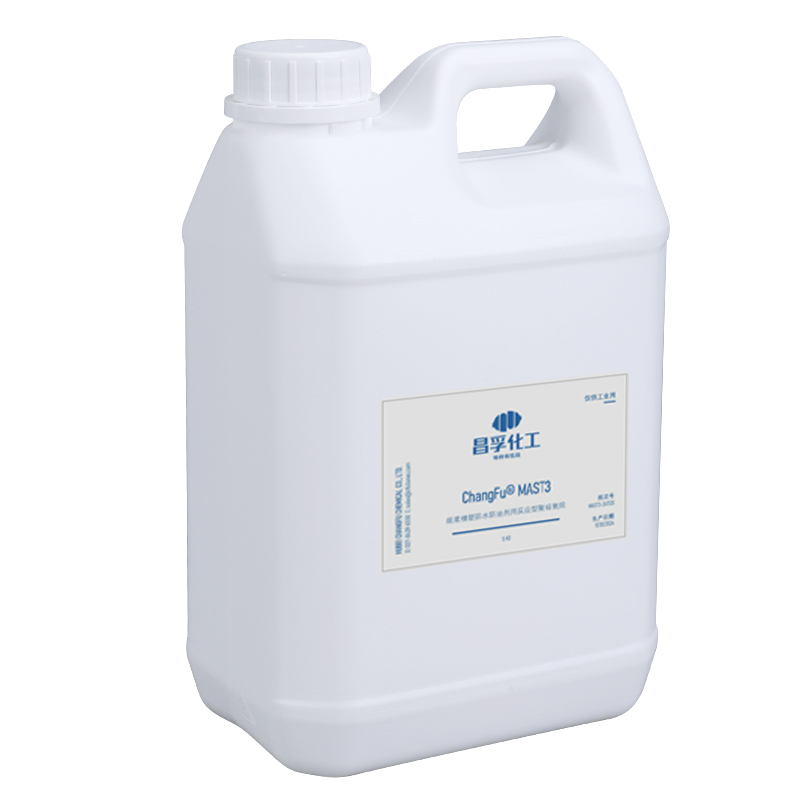












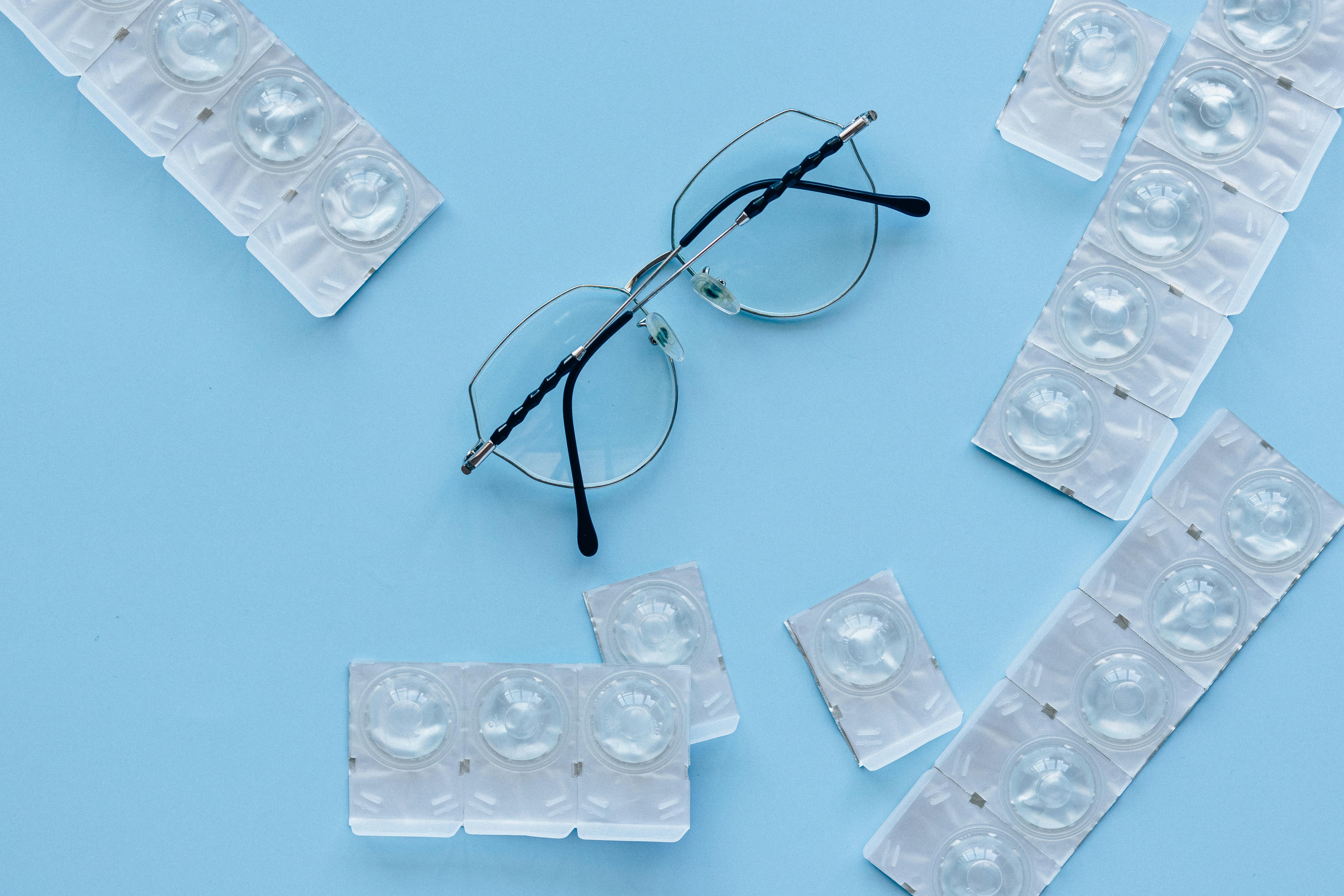
























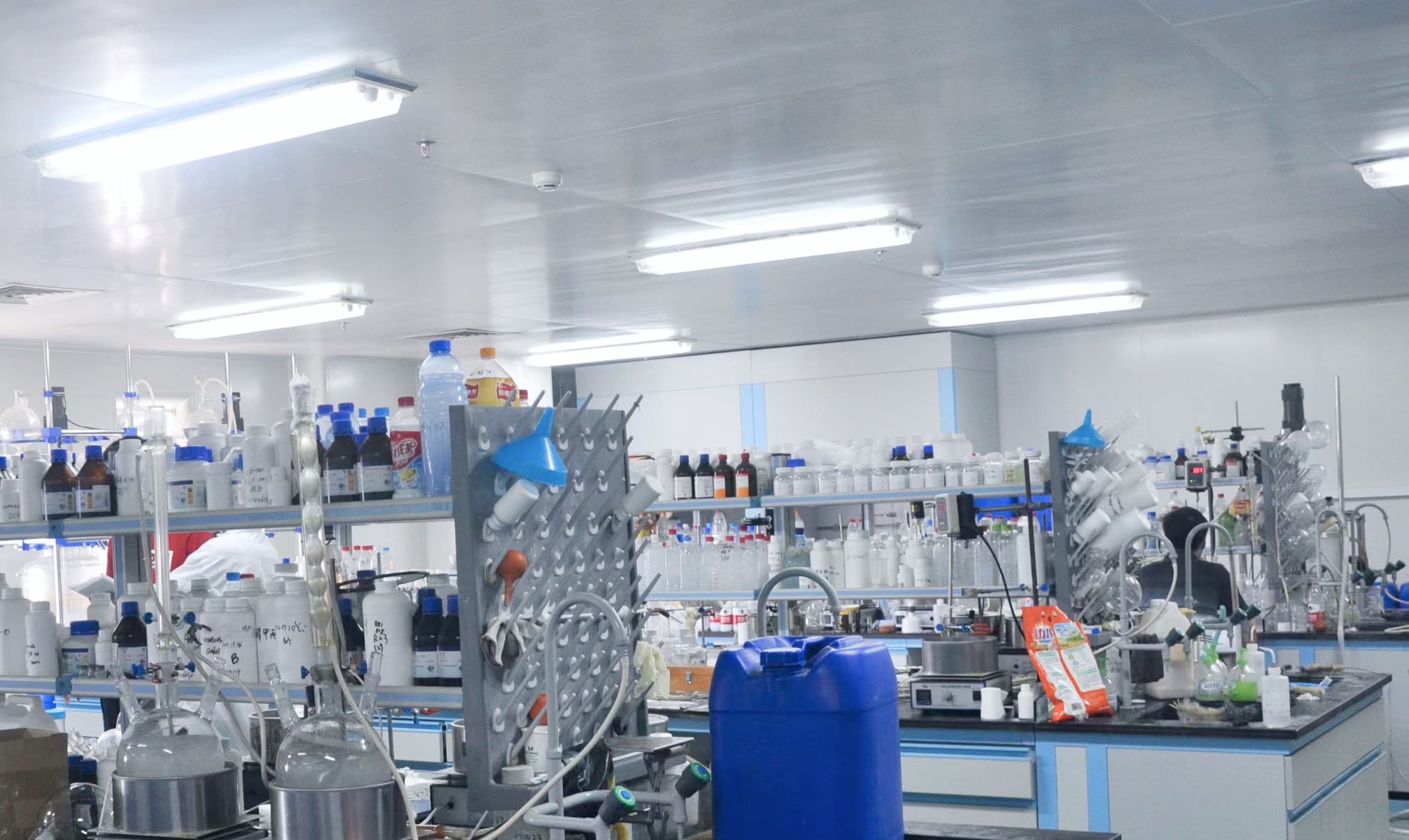

+86 27 8439 6550
+86 181 6277 0058
sales@cfsilanes.com
Optics Valley Bio-City
No. 666, Gaoxin Avenue
Hongshan District, Wuhan City

+86 27 8439 6550 | +86 181 6277 0058
sales@cfsilanes.com
Optics Valley Bio-City
No. 666, Gaoxin Avenue
Hongshan District, Wuhan City
Copyright © Hubei ChangFu Chemical Co., Ltd. All Rights



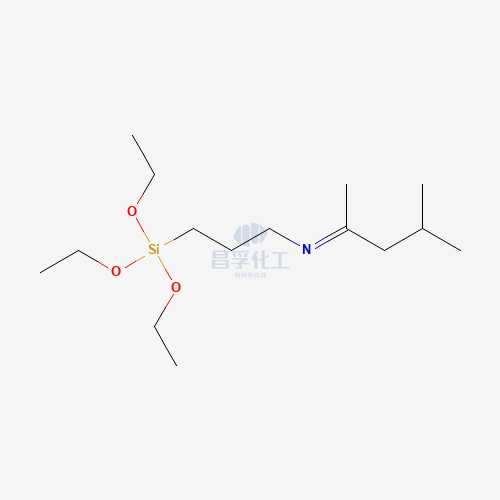
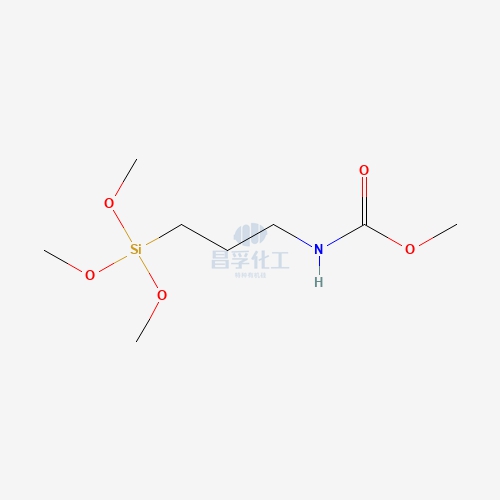
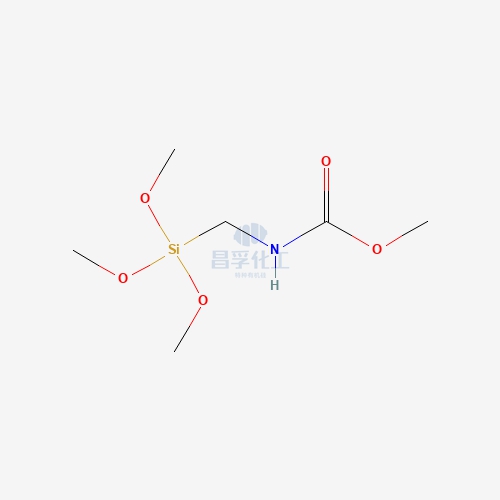
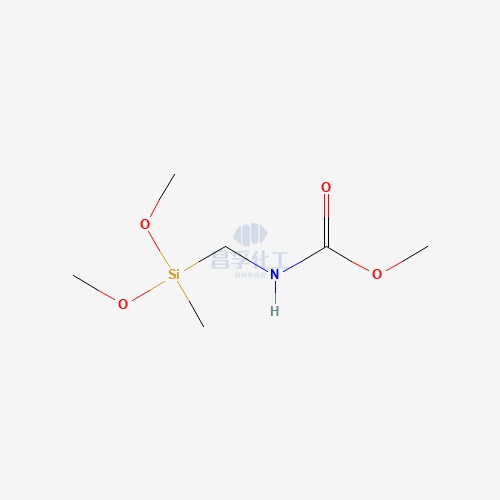
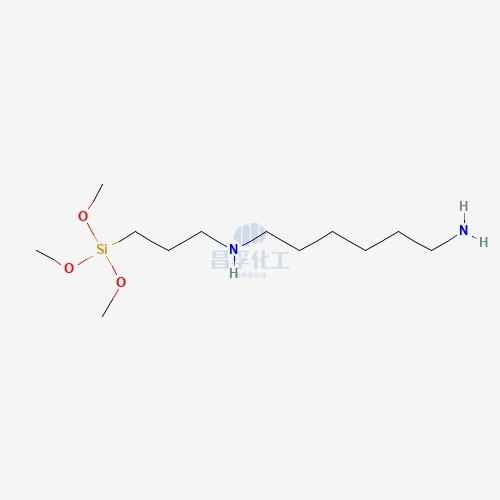
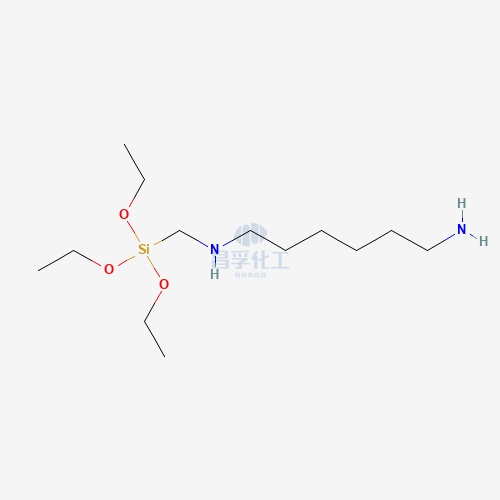
![N-[5-(Trimethoxysilylpropyl)-2-aza-1-oxopentyl]caprolactam CAS: 106996-32-1 106996 32 1 N-[5-(Trimethoxysilylpropyl)-2-aza-1-oxopentyl]caprolactam CAS: 106996-32-1 106996 32 1](https://cdn.yofishseo.com/1363882761272232/106996-32-1.jpg)
